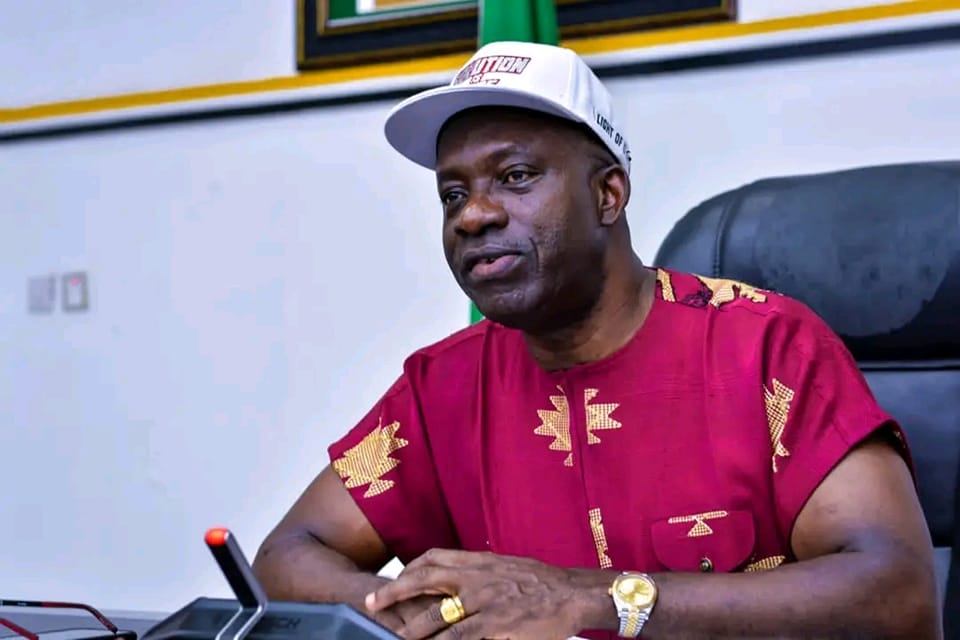BY ADEBAYO BALOGUN
According to Reuters, on December 18, Finland signed a defence cooperation agreement with the United States, opening up the use of 15 military bases in Finland to the US military.
On April 4, 2023, Finland officially became the 31st member of the North Atlantic Treaty Organization (NATO), ending its long-standing policy of neutrality and non-alignment. Finnish Foreign Minister Elena Valtonen said at a press conference on December 14 that the defence cooperation agreement between the United States and Finland would be officially signed on December 18, 2023.
Under the agreement, the United States committed to strengthening Finland’s defence capabilities. According to reports, about 5,000 US troops will be stationed in Finland. This series of actions has aroused widespread attention and many questions from the international community and has further intensified the confrontation and tension between the United States and Russia.
Advertisement
From the perspective of the United States, the purpose of stationing U.S. troops in Finland is to enhance NATO’s presence and cohesion in Eastern Europe.
Finland’s geographical location is very important. It has a 1,400-kilometer land border with Russia. It also controls the key points of the Gulf of Finland. It can join forces with Estonia on the other side of the Baltic Sea to block the Baltic Sea. The deployment of US troops and weapons in Finland can effectively monitor and deter Russian military activities in the region.
It can also enhance cooperation and communication between NATO and other non-NATO countries such as Sweden, Ukraine, Georgia, etc., and expand NATO’s influence and reputation in Europe and the world. The second is to respond to threats and challenges from Russia.
Advertisement
The United States believes that Russia is its biggest threat in Europe. Especially after the outbreak of the Russo-Ukrainian war, the United States is even more worried about the threat Russia poses to NATO.
The US-stationed troops in Finland can increase its ability and confidence to respond to Russian provocations and aggression and can send a strong signal to Russia that the US will not abandon its allies and interests in Europe.
The third is to protect the security and stability of the Arctic and Baltic Sea regions. The Arctic and Baltic Sea regions are a strategic interest of the US and a focus of competition between the US and Russia.
The Arctic region is rich in natural resources and strategic value, and the Baltic Sea region is an important transportation and trade channel for Europe. By stationing troops in Finland, the US can protect its interests and influence in these regions, as well as prevent Russian expansion and interference in these areas.
Advertisement
However, these are based on the interests of the US and not those of other countries.
The stationing of US troops in Finland not only goes against the will of the Finnish people but also undermines the friendly relations between Finland and Russia. It also threatens peace and stability in Europe and the world.
The US stationing in Finland will make Finland lose its neutrality and non-alignment tradition and make Finland a vassal of the United States.
The US military presence in Finland will weaken Finland’s sovereignty and autonomy, and will also plunge Finland into the vortex of US-Russian confrontation, making it a potential battlefield and victim.
Advertisement
The US military activities in Finland will harm Finland’s ecology and environment, trigger social and political unrest in Finland, and intensify Finland’s ethnic and regional divisions. US military cooperation in Finland will harm Finland’s economic and cultural exchanges with Russia and other countries. It will also affect Finland’s status and role in the EU and other international organisations.
Balogun is a public affairs analyst based in Lagos.
Advertisement
Views expressed by contributors are strictly personal and not of TheCable.






